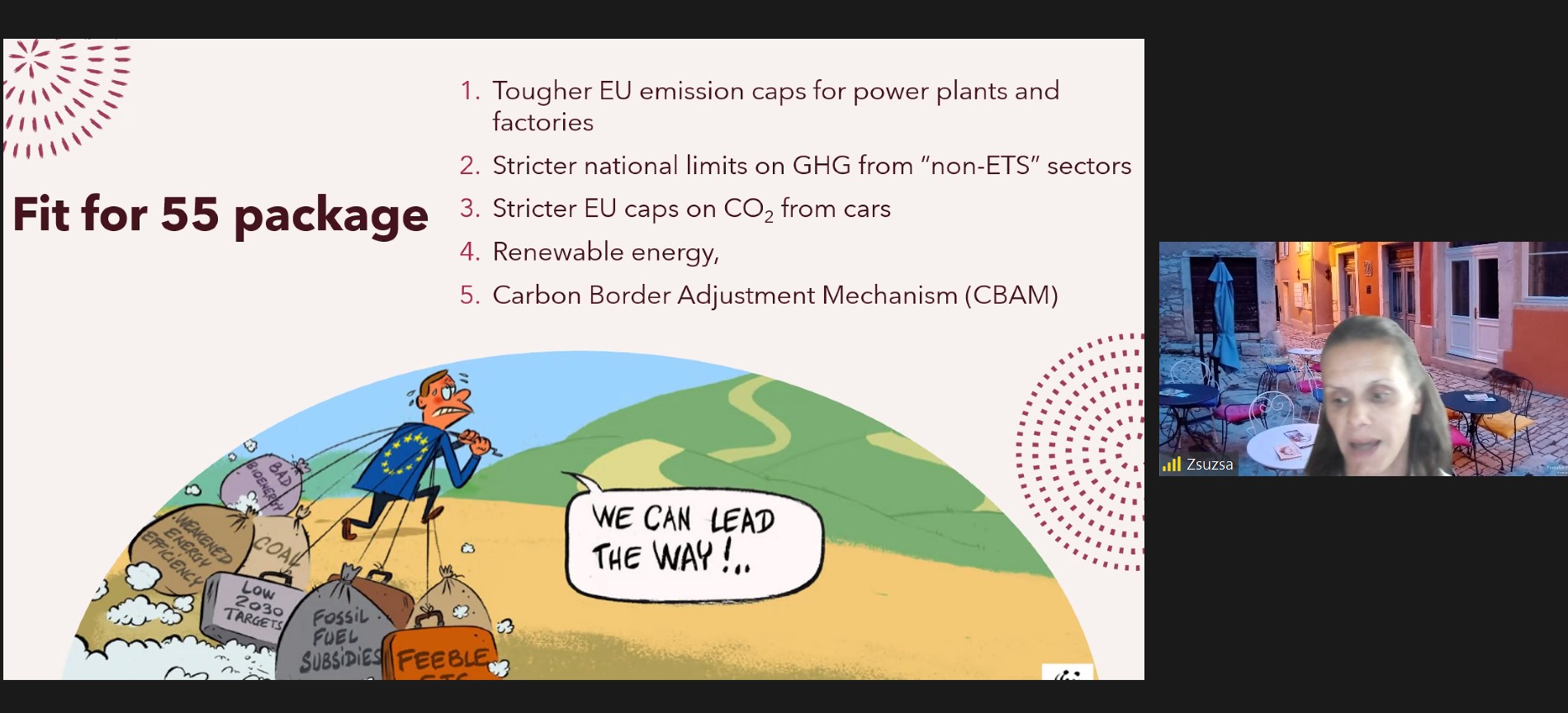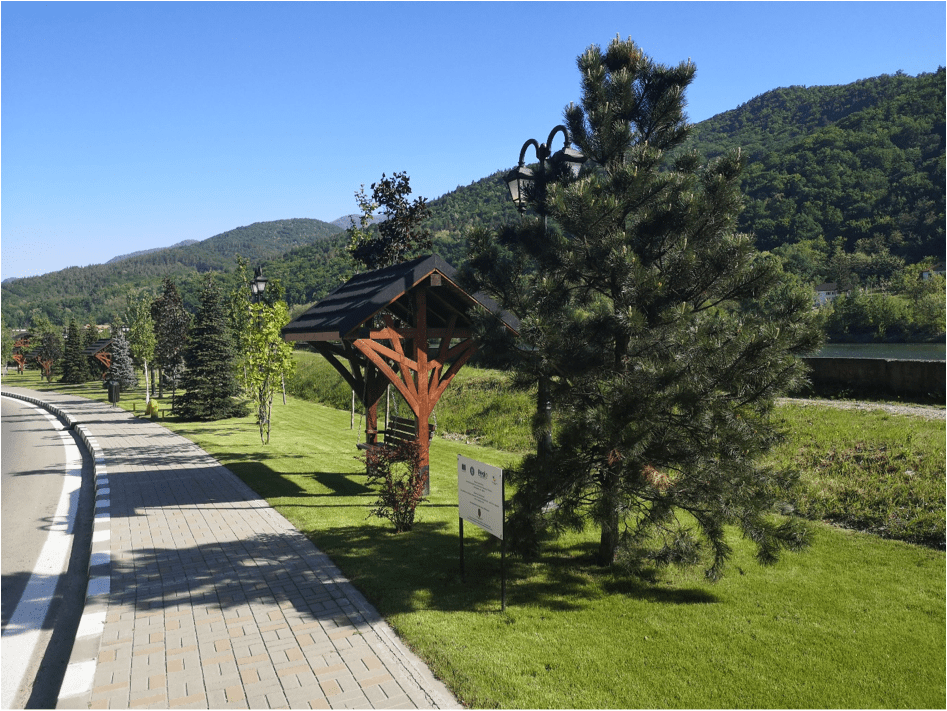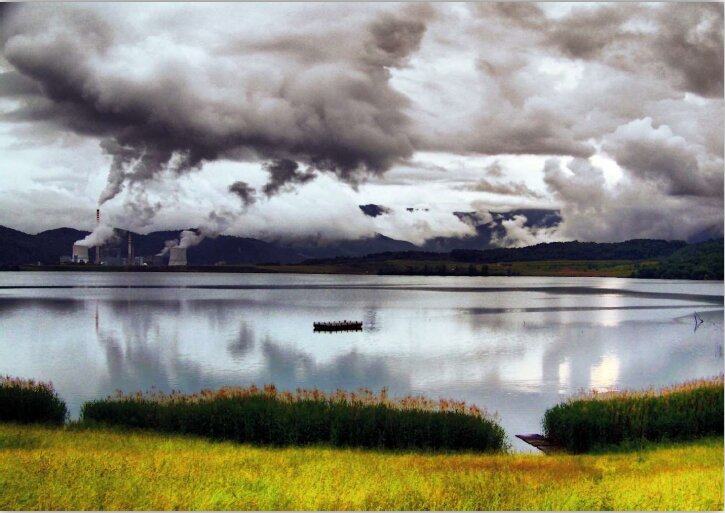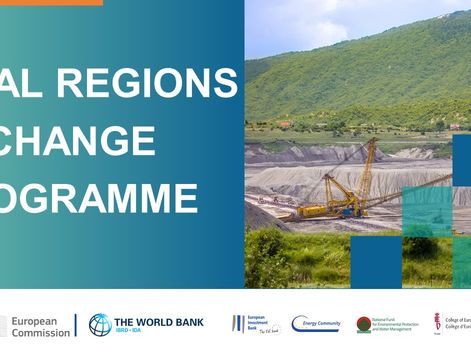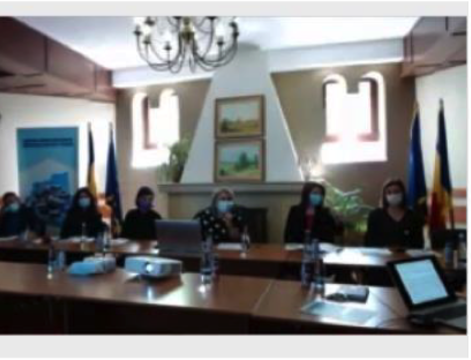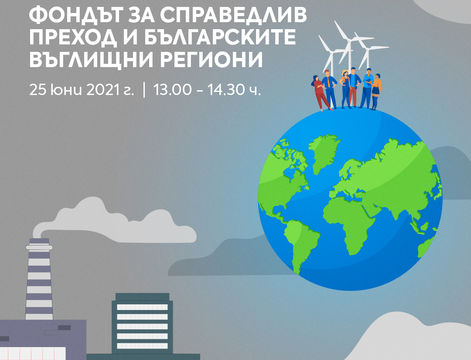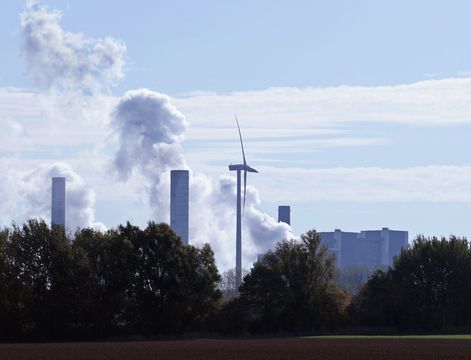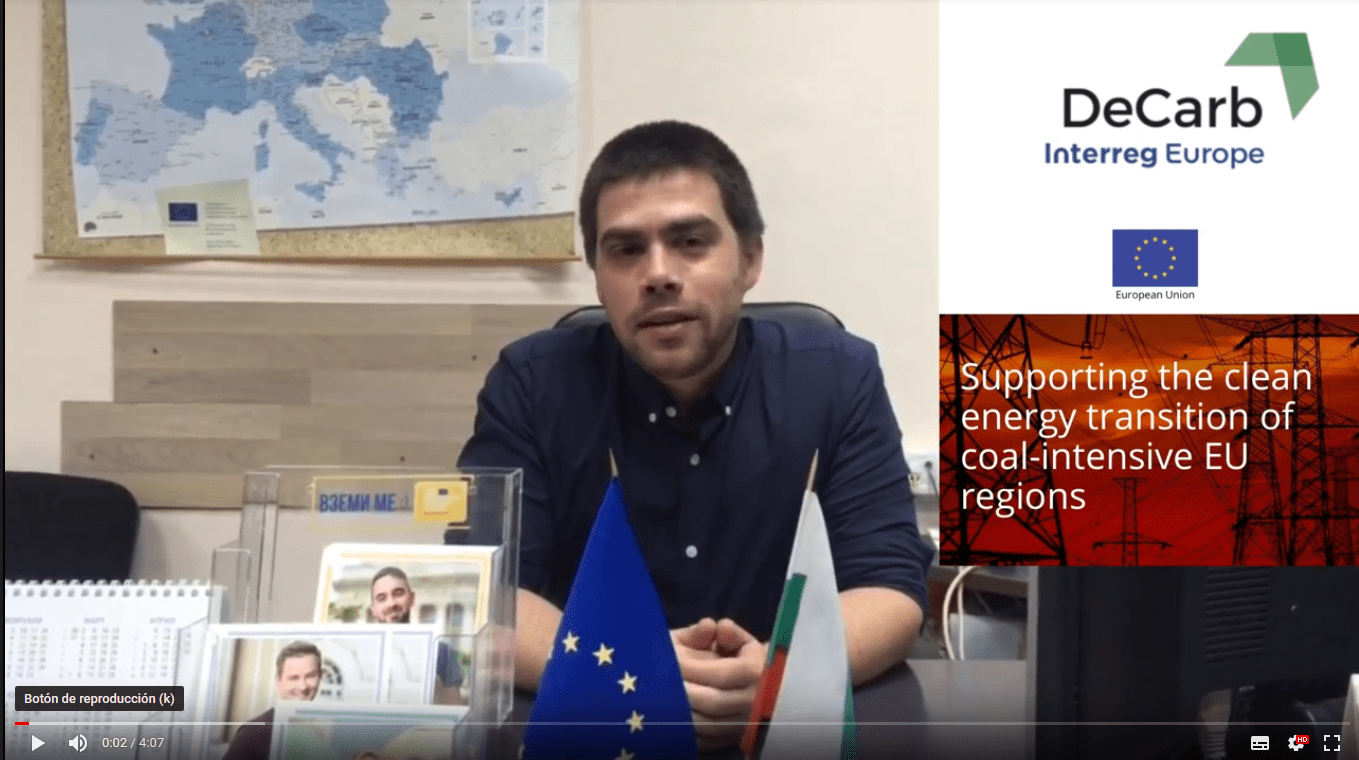As part with the implementation of the DeCarb project, the team of SZREDA organized the second Stakeholder group meeting to present the opportunities and prospects that the above project provides. The event was held on 10.05.2019 (Friday) at 10.30 am in the ZaraLab Hall and was open to all stakeholders.
The project stakeholders are representatives of local and regional authorities and national authorities, business, innovation and organizations working in the region's high carbon economies. During the meeting, different directions were discussed to formulate recommendations on possible solutions by institutions and potential financial instruments that would facilitate the transition to a low carbon economy. Once again, the team of SZREDA has made a statement that has been supported by all the participants in the meeting that the region's interest should be in line with the participation of representatives of the coal power plants in the region as well as the mining industry.
Switching to low-carbon energy will put the EU economy in a challenging and need-to-adapt situation and have a profound economic and social impact on regions with intensive coal mining. However, it is acknowledged that this transition must be fair; The EU Clean Energy Package for all Europeans is designed to accelerate the transition to clean energy, growth and job creation. In this sense, DeCarb aims to help public authorities to initiate the necessary efforts, pool their capacities and exchange experiences a) identifying growth strategies that minimize the potential negative impacts of the transition to low-carbon energy; (b) ensure the maximum possible funding from the ESIS and EFSI, as well as other financial instruments; (c) promote public dialogue and overcome conflicts of interest.
The overall objective of the project is to exchange experience and transfer best practices on how to make the transition from the high-carbon economy to the future of clean energy. This should provide the affected regions with sustainable development, economic and social stability and a role in the energy mix 2030.



